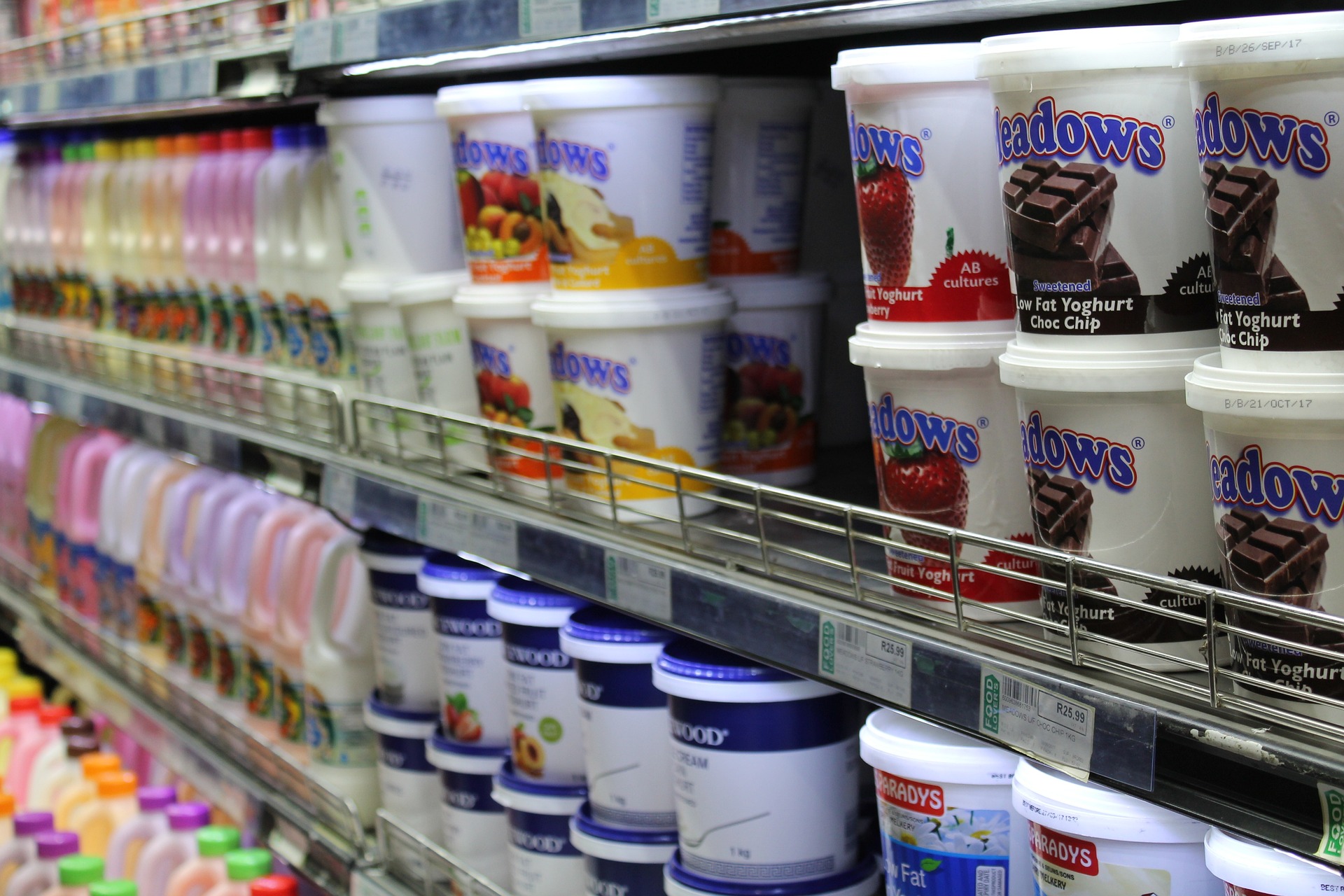Are you interested in learning more about food microbiology and the various research topics related to it? If so, you’ve come to the right place! In this blog post, we will explore the 10 most popular food microbiology research topics in food science.
So if you’re looking to start a project on the microbiology of food, look no further. We have the perfect list of project topics for you!
1) Listeria
Listeria is a genus of bacteria that can cause food-borne illnesses. It is a particularly dangerous pathogen, as it can survive and thrive in a wide range of temperatures and conditions. As such, it has been the focus of many research topics in food technology, especially among graduate students.
Researching ways to prevent, detect, and control the spread of Listeria is an important topic in food microbiology. As it could lead to better detection methods and improved food safety. Some potential research topics may include:
- Effect of sanitation on Listeria’s growth
- investigating the roles of temperature and pH levels on the growth and spread of Listeria
- Studying the effects of different food preservatives on Listeria’s growth.
2) Salmonella
Salmonella is one of the most commonly researched topics for food technology graduates, as it is a major source of foodborne illness. Salmonella bacteria can be found in a variety of foods, from eggs and dairy products to poultry, fruits and vegetables. Therefore, researchers are continuously looking for ways to control and prevent Salmonella contamination in food.
In addition to researching the prevalence and control of Salmonella, research topics for graduation in food technology can include studies on the behaviour of Salmonella when exposed to different processing methods or packaging materials. Other research topics include the development of rapid detection methods for Salmonella and the study of genetic mutations that can increase the resistance of Salmonella to antimicrobials or temperature.
3) E. Coli
E. Coli is a type of bacteria that can cause food poisoning. It is commonly found in raw or undercooked meats, dairy products, and fresh produce such as lettuce, sprouts, and celery. Research topics surrounding E. coli focus on the source, prevention, diagnosis, and treatment of foodborne illnesses caused by it. For instance, researchers may look at ways to reduce the risk of contamination from the environment, examine how food safety practices can reduce cross-contamination, or study new methods of diagnosing and treating foodborne illnesses. Additionally, research into E. Coli can help inform better food safety regulations and help us better understand its impact on public health.
4) Staphylococcus
Staphylococcus is a common genus of bacteria that can be found on the surface of the food. When researching Staphylococcus, it is important to look at different aspects such as its survival rate under different conditions, its growth rate in various foods, and how it can be prevented or controlled. Studies have also been conducted to determine which food types are more susceptible to the presence of Staphylococcus and the best methods of controlling it.
In terms of food safety, Staphylococcus has been linked to cases of food poisoning. However, proper food handling practices and thorough cooking can help reduce the risk of contamination from this bacteria. It is also important to understand how Staphylococcus can spread from one food source to another. Finally, research has also been conducted on the effectiveness of various treatments for Staphylococcal infections.
5) Bacillus
Research into Bacillus is a common topic for graduation projects in Food Technology, as they can be used to create probiotics, an important part of the food production process.
Studies on Bacillus have focused on its role in food safety and spoilage. For instance, researchers have looked at how Bacillus can cause foodborne illnesses and how to detect them. Additionally, research has investigated ways to control the growth of Bacillus, including through the use of chemical preservatives or biopreservatives.
In terms of food production, Bacillus has been studied extensively in relation to probiotics and the production of fermented foods. Studies have explored how certain species of Bacillus can produce lactic acid, which can improve the shelf life and safety of food products. They have also looked at ways to enhance the production of probiotic bacteria using Bacillus species.
Overall, Bacillus is an important topic for research topics related to food safety and production. It is a key focus for graduation projects in Food Technology and understanding how Bacillus works are essential for ensuring safe and high-quality foods.
6) Yeasts and moulds
Yeasts and molds are some of the most common research topics for those studying food technology at the graduate level. Research into yeasts and molds is critical for food safety and quality. For example, certain strains of yeast can produce mycotoxins, which are toxic compounds that can pose a health risk if ingested. It is also important to understand how yeasts and molds interact with other microorganisms in food products and their impact on food preservation. Research into these topics can help inform new methods of food preservation, reduce food waste, and improve product quality.
7) Probiotics
The potential benefits of probiotics made them one of the most popular research topics for graduate students in food technology. Probiotics are live microorganisms that provide health benefits when consumed in sufficient amounts.
Probiotic research topics for graduate students could focus on
- Identifying specific bacterial strains that may be beneficial
- Understanding how the presence of probiotics affects the safety and quality of food.
- Exploring the use of probiotics to improve food safety and quality.
- Additionally, studies have shown that some probiotics may be beneficial for gut microbiota and metabolic health.
8) Food spoilage
Different types of microbes can lead to varying types of food spoilage. So understanding how they interact with food is critical for developing strategies to prevent and control food spoilage. There are many research topics related to food spoilage that can be studied at the graduate level, such as
- Impact of storage conditions on microbial growth
- the use of preservatives to extend the shelf-life of food products,
- Effect of packaging materials on microbial growth.
- Identification of spoilage markers,
- Development of novel preservation techniques.
- Investigation of methods for monitoring microbial growth in food products.













